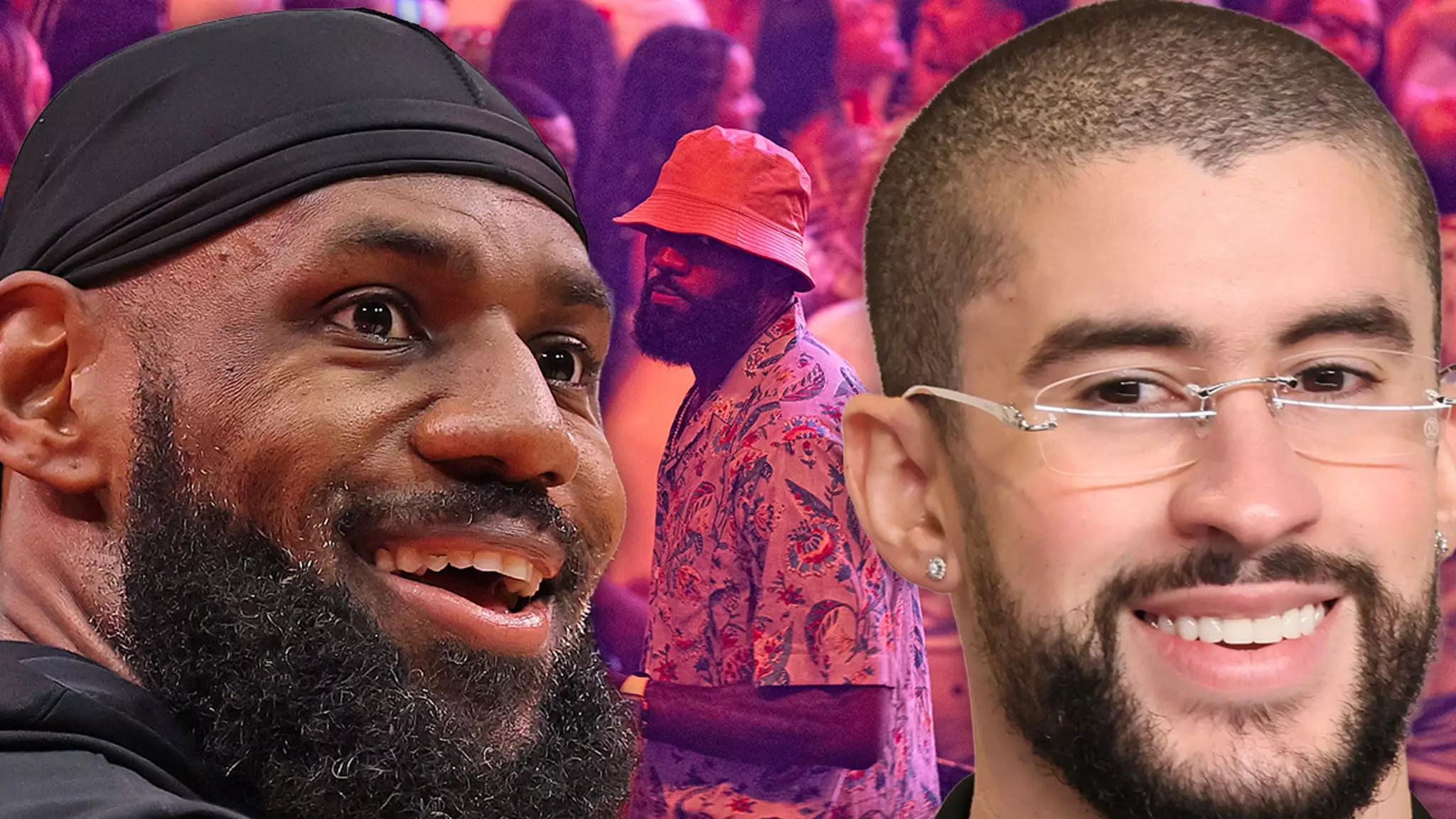LeBron James, often celebrated for his exceptional basketball prowess, revealed a side of himself that fans rarely glimpse—his genuine enthusiasm for culture and community. Attending Bad Bunny’s opening night residency in Puerto Rico, LeBron’s spontaneous dance on stage exemplifies how athletes today are redefining what it means to be a global icon. He didn’t just show up; he participated, connecting with the crowd through movement and energy that transcended sports. This moment underscores a vital shift in athlete identity—who they are off the court matters just as much as their stats. LeBron’s unfiltered enjoyment demonstrates a willingness to embrace different cultural experiences, promoting a message that sports figures can be authentic and celebratory of diversity without compromising their masculinity or professionalism.
Championing Local Talent and Building Solidarity
LeBron’s presence in Puerto Rico was more than just support; it was an act of solidarity. His decision to attend Bad Bunny’s concert, a globally recognized artist with roots in the island, sends a powerful message about standing with local talent and valuing cultural expression. Fans’ enthusiastic chants of “MVP” as he waved from VIP further show how LeBron’s influence extends beyond sports; he’s a unifying figure who recognizes the importance of representation. By supporting Bad Bunny, LeBron not only highlighted his respect for Latin music but also subtly challenged the notion that athletes must conform to traditional roles—his dance and celebration highlight that true leadership involves embracing and elevating diverse voices.
Personal Moments Intertwined with Public Support
The timing of LeBron’s trip amidst his son Bronny’s debut reflects a layered narrative of priorities. While some might see his absence from Bronny’s game as a missed opportunity, LeBron’s choice to prioritize cultural engagement underscores an evolved perspective: nurturing personal fulfillment and community connections can be equally significant as professional obligations. Supporting Bad Bunny on the same night as his son’s big moment signifies a man navigating multiple roles—athlete, father, cultural ambassador—all with unapologetic authenticity. Additionally, LeBron’s public support contrasts sharply with recent tattoo controversies involving other artists like Drake and Kendrick Lamar, underscoring his commitment to authentic connections over superficial rivalries.
Redefining Influences in the Age of Social Media
LeBron’s decision not to post footage of his dance yet suggests a subtle critique of social media culture, emphasizing genuine experiences over curated content. His actions highlight an essential criticism: moments of true connection often go undocumented, maintaining their intimacy and significance. As a role model, LeBron demonstrates that leadership is about living in the moment, not just sharing it. His presence at the concert, support for Puerto Rican culture, and rejection of performative posturing collectively elevate the narrative of athletes as cultural ambassadors who can inspire change and unity. In a landscape often dominated by superficial narratives, LeBron’s authentic engagement sets a strong example of leveraging influence responsibly and passionately.

